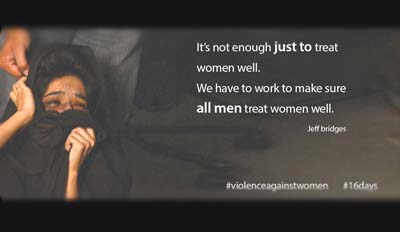Home away from home
By Alice Peter
21 April 2016
A young boy finds solace in his work
For eight years, Hemma, 30, puts on his shalwar kamiz and sindhi topi every morning. After stealing a moment of solitude, he begins his day’s work of driving his employer around; all the while thinking of his 5-year old daughter, Tina, and his wife, Dhani in Mirpur Khas. As he rambles around on the roads of Karachi, he cannot help but consider quitting his job and moving back to his family, but his financial position does not allow that.“I still consider myself lucky, because I get three meals a day and a bed to sleep in,” says Hemma. There are men who come looking for employment from interior Sindh but when they fail to do so, they sleep on the roads, he further added.
According to the World Bank’s Poverty Head Count Analysis, 2014, approximately 21.4 percent of Pakistan’s population falls below the poverty line. This is calculated by estimating income per adult as $1.25 per day. During the months of summer, men of Mirpur Khas put on their work caps and take off to bigger cities in search of employment.
“Since summers are extremely warm and dry, the labour force within the working class turns towards Karachi,” says Dr. Irfan John, general physician at Good Samaritan Hospital. To cope with loss of work on farms, they turn to Karachi since it is a coastal city and offers balanced weather conditions, he adds.
Hemma’s work routine consists of waking up before any of the other servants do in the David household. First thing is first; the car needs to be wiped clean of dust and fog that accumulates overnight. Within the fifteen minutes he has to eat breakfast, shower, and attend to the call of nature. The remaining time is religiously devoted to having a long conversation with his daughter, who only communicates in chaa and sutho (‘what’ and ‘good’ in Sindhi language), while he sends his love. Dhani shyly partakes in the father-daughter conversation while clutching onto her pallu or veil.

and reminisces over the memories of his hometown.
The eldest of three brothers, Hemma is the primary breadwinner of his family. His home, built of mud and covered with a steel roof, contains three bedrooms: one occupied by his aging mother, second by his brothers and third by his wife and daughter.
Describing himself as “not-so-religious,” Hemma still manages to make it back home to his family and friends on Dilwali and Holi. Even in the David household, Hemma rarely feels unhappy and lonely. “I have made so many friends here,” he says, his voice growing louder with excitement. “The boys here, Kheemat and Sheru, they play cricket with me,” he continues.
The monotony of Hemma’s life breaks in the evening, when he is around the David family, watching them chew away on snacks and sip on tea. “I feel like I am sitting with my own family,” he confesses. Although Hemma always longs the faces of his family and the sight of his home in Mirpur Khas, Karachi has given me another family that he cherishes and loves coming back to. “It is like a home away from home,” says Hemma, completing his first-ever English sentence.








